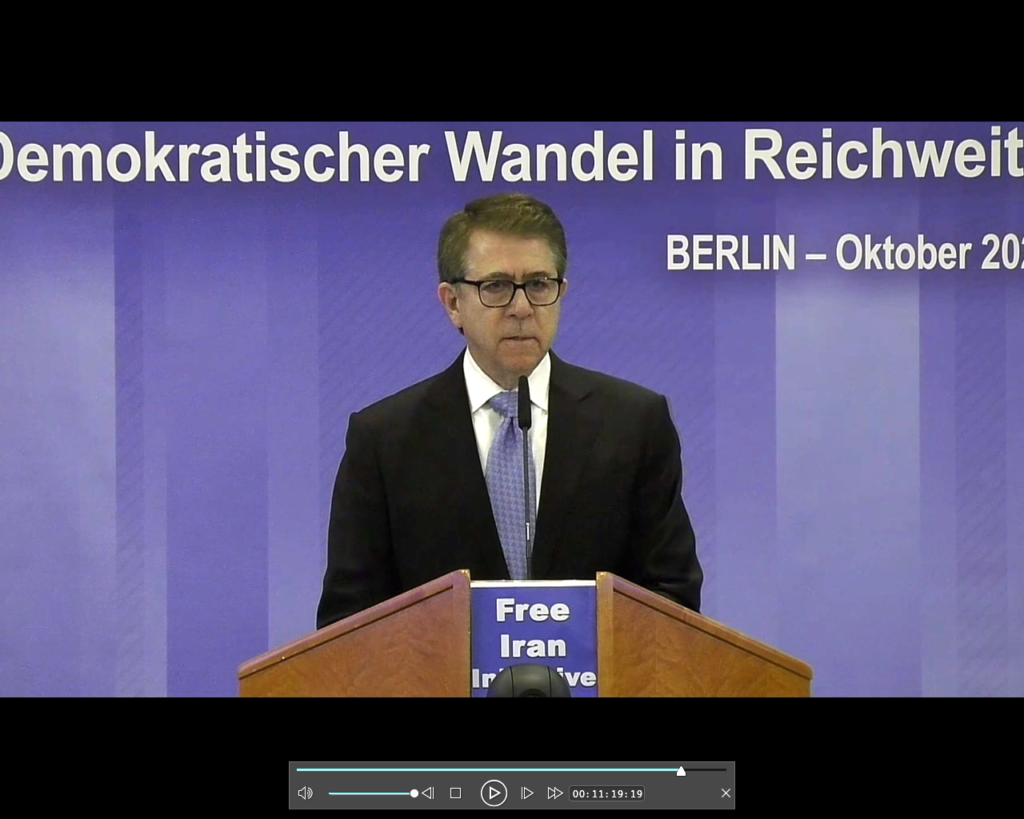Remarks to the Society for International Affairs Conference, Washington, DC
“You have seen a concerted effort by DOD and State officials as well as the White House to respond to the voices of our allies and coalition partners asking us to pay attention to their own modernization and interoperability needs. I am talking about countries that agreed to send troops and share the risks with American forces in Afghanistan and Iraq; countries that put up very large financial commitments and joined with the U.S. to develop and build the Joint Strike Fighter; countries that agreed to change their laws and pass treaties accepting significant new controls in order to connect their key defense industries to ours through a license exemption arrangement. In other words, countries that have made a clear strategic decision that their own security strategy is to work as our partners, through thick and thin. I think it is worth noting that for those allied and coalition governments, sticking with the United States has not always been the easiest course politically. They are democracies, and they face tough opposition in their parliaments to spending more on defense, and committing troops to risky duty in wars which have not enjoyed unanimous support among their people. And yet, these countries have stepped up to a share of the security burden post-9/11 – just as we have asked them to do. Our future plans for transformation and the new global defense posture will clearly work best with the strong participation and support of other allies and friends. These considerations are very much at the heart of our policymaking on defense trade. Defense trade policy is security policy, and is a foundation stone of the war on terrorism.”


